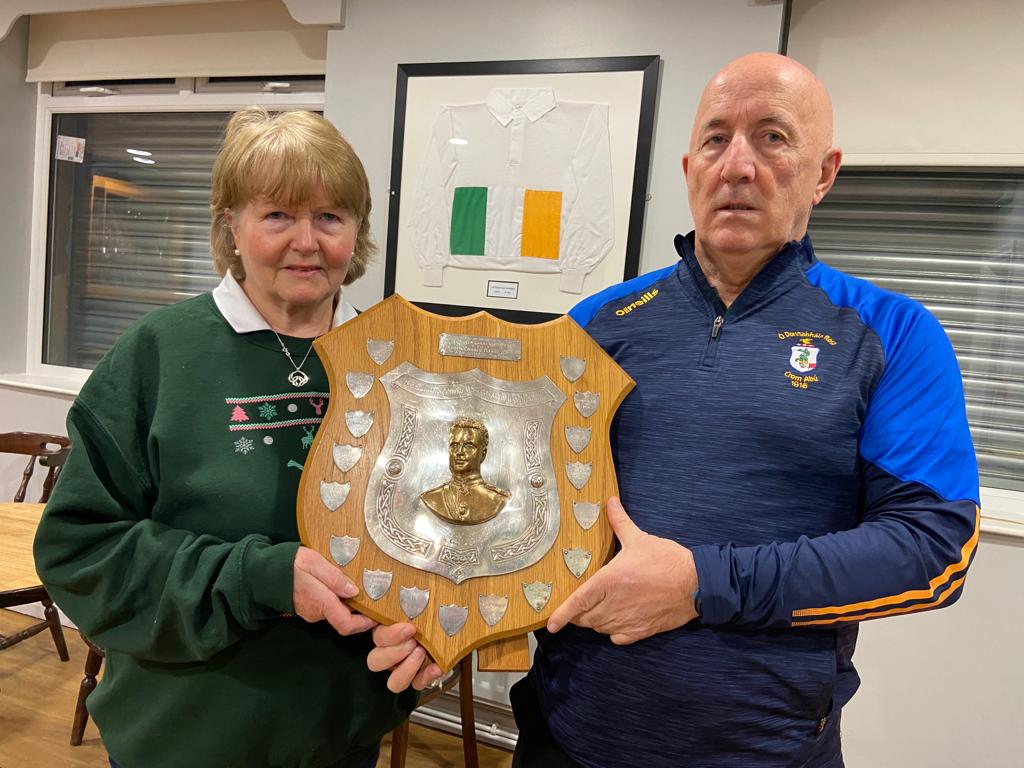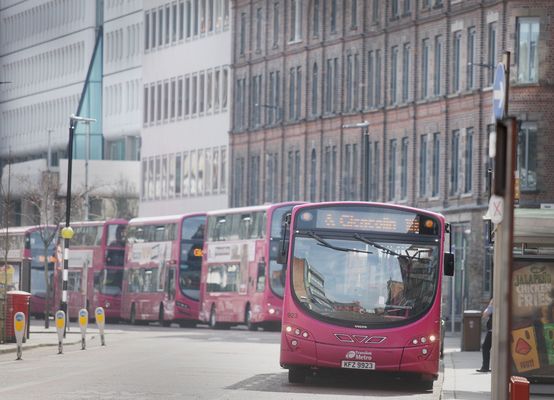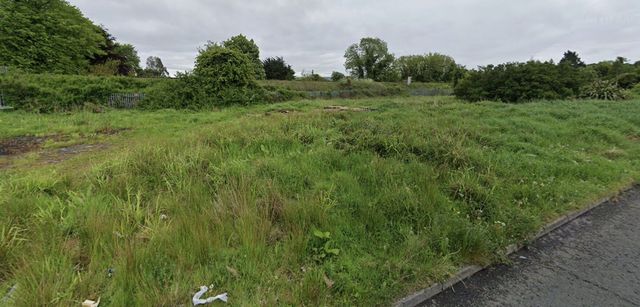O’DONOVAN Rossa GAC are set to hold a series of events to mark the centenary of the execution of club founder, Leiutenant General Joe McKelvey, who was executed by the Free State government on 8 December 1922 during the Irish Civil War.
The event will be marked by a talk given by historian Jim McVeigh, who has written a book on Joe McKelvey which will be held at Aras Uí Chonghaile at 7:30pm on Thursday 8 December. Saturday will also see a wreath laying ceremony at McKelvey House on the Falls Road at 1pm. On Sunday at 10.30am there will be a commemoration and wreath laying ceremony at Joe McKelvey’s grave in Milltown cemetery, followed by a commemorative football game at Rossa Park at 1pm, as well as an exhibition of Civil War era memorabilia.
Joe McKelvey was born in Stewartstown, Co Tyrone, but moved to Belfast as a teenage and lived in Cyprus Street. Trained as an accountant, he later worked in Mackie’s. From an early age he was involved with the Irish Volunteers and in 1916 got together with three others – Sean Osbourne, Sean Hackett and Sean O’Sullivan – to form O’Donovan Rossa GAC. O’Sullivan sat as the club’s first chairman.
ROSSA: Joe McKelvey (circled) in a Rossa club photograph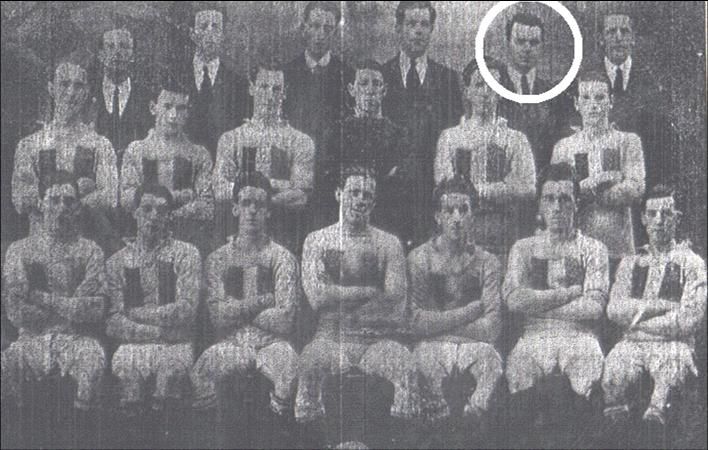
The club was situated on Bunker’s Hill, on the site of the old Kennedy’s Bakery on Beechmount Avenue. Originally formed as a way to hold meetings for the Irish Volunteers, the club soon showed its athletic prowess as well, winning the hurling championships in 1918, 1919 and doing the double and winning the hurling and football championships in 1920. In 1921 the club also won the football championship again.
Known as one of the ‘Four Martyrs’, Joe McKelvey was captured by the Free State government along with three other prominent anti-Treaty IRA men following the Free State Army’s attack on the Four Courts garrison in 1922 at the start of the Civil War following the split after the signing of the treaty with the British. After a week of intense fighting, the anti-Treaty side surrendered. The same battle in Dublin also claimed the lives of other prominent anti-Treaty IRA men such as Cathal Brugha and Harry Boland.
Joe McKelvey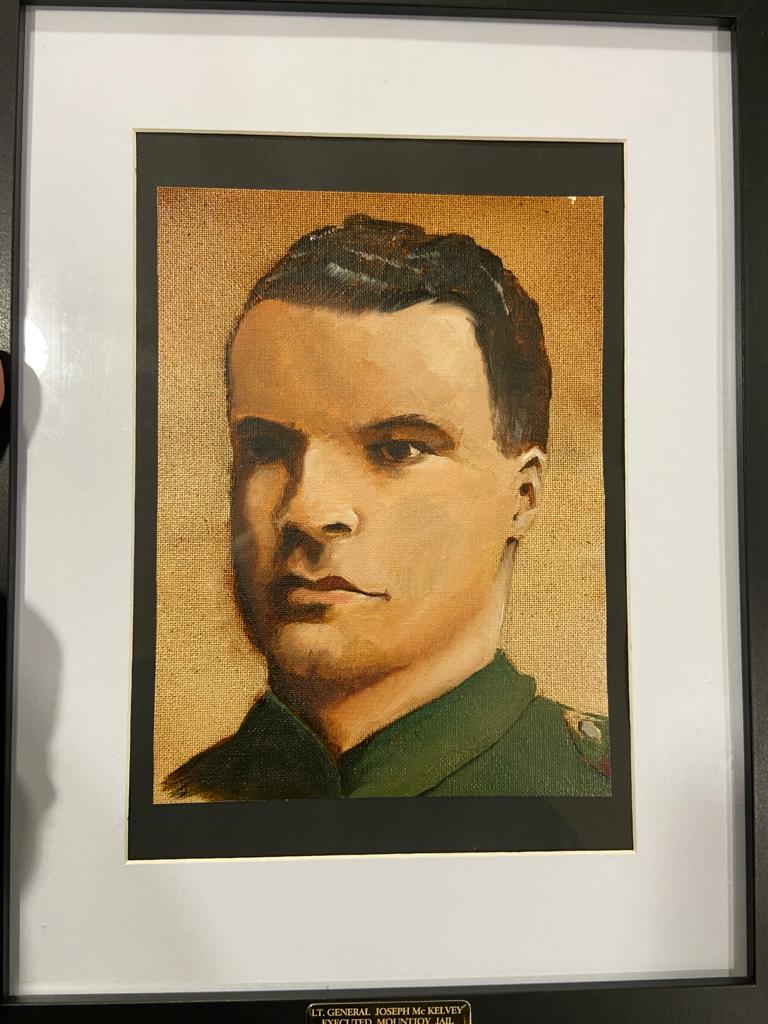
Held in Mountjoy Prison, Joe McKelvey, Rory O’Connor, Liam Mellows and Richard Barrett were sentenced to death after the anti-Treaty IRA assassinated TD Séan Hales on 7 December 1922.
Their death setences were signed by Kevin O’Higgins, who a year before had hosted Rory O’Connor as best man at his own wedding. The executions were intended to crush the morale of the anti-Treaty IRA who had retreated from Dublin and were setting up guerilla ambushes in the countryside. The Free State government deliberately chose four men, one from each province of Ireland, and Joe McKelvey was chosen for Ulster. He was only 24 at the time of his death.
REVOLUTIONARY: (L-R) Seamus Woods, Tom McNally, Joe McKelvey O/C and Frank Crummey of the IRA's Third Northern Battalion, July 1921 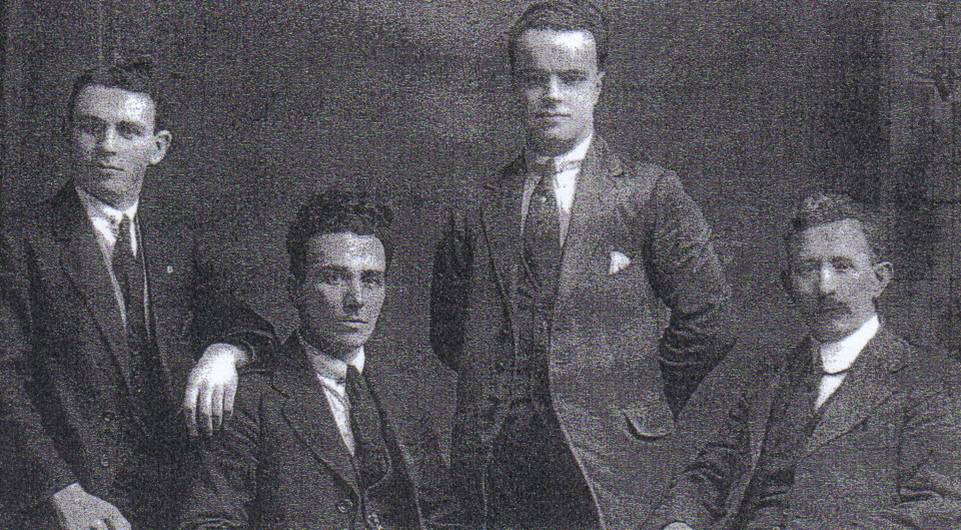
Noted as a talented organiser and revolutionary, Joe McKelvey rose quickly through the ranks of the IRA before his capture at Four Courts. By July 1921 he was the O/C of the Third Northern Division of the IRA. McKelvey served as Assistant Chief of Staff and for he served briefly as Chief of Staff of the IRA until his capture on 28 June.
When anti-Treaty IRA leader Liam Lynch was later killed by the Free State army in the Knockmealdown mountains on 10 April 1923, his death was the final blow for the anti-Treaty IRA, and the new Chief of Staff Frank Aiken announced the call to dump arms on 24 May 1923, ending the fighting.
Our founding member Joe McKelvey included in new mural at Beechmount not far itself from where our Club was founded. pic.twitter.com/mfNSd6lz1F
— O'Donovan Rossa GAC (@RossaGACBelfast) April 20, 2022
Joe McKelvey’s body was finally returned Belfast for burial on 30 October 1924 under heavy RUC presence, with the police removing the Irish flag from his coffin. Despite this thousands turned up to witness his burial.
Thursday and the weekend’s events have been organised by the National Graves Association, the Rossia Historical Society and O’Donovan Rossa GAC.

